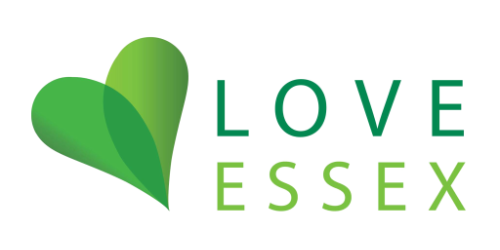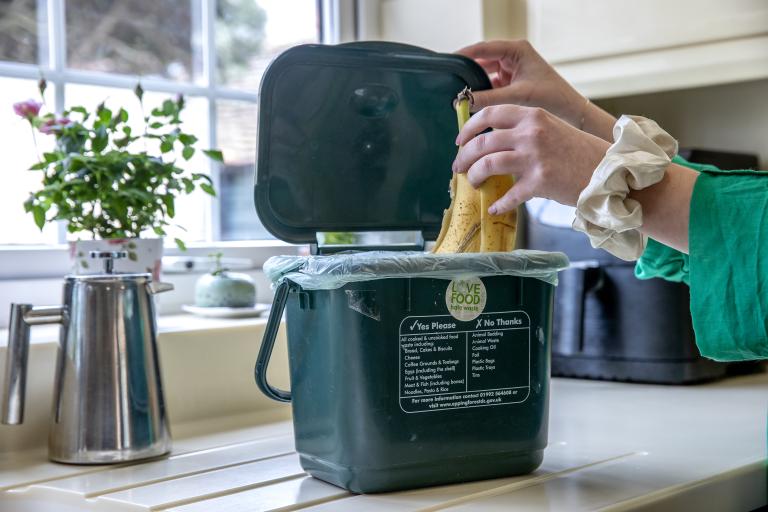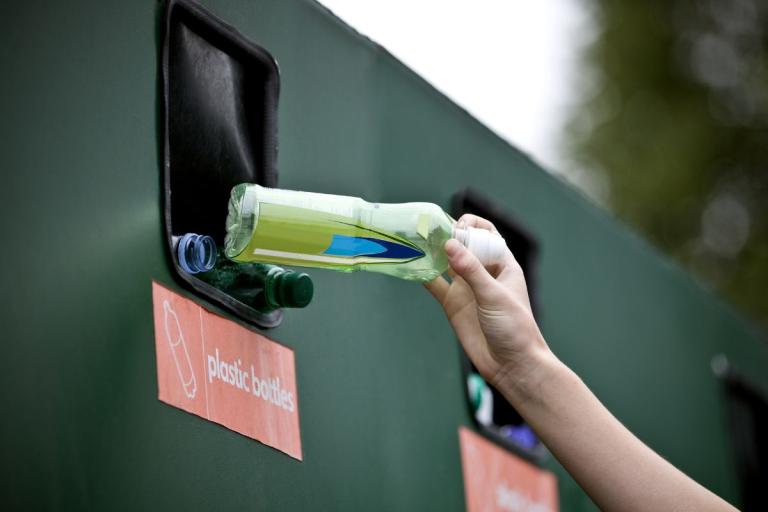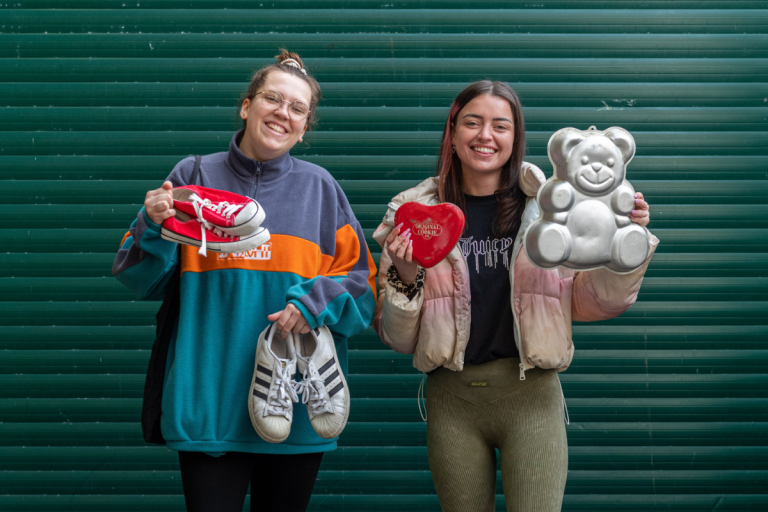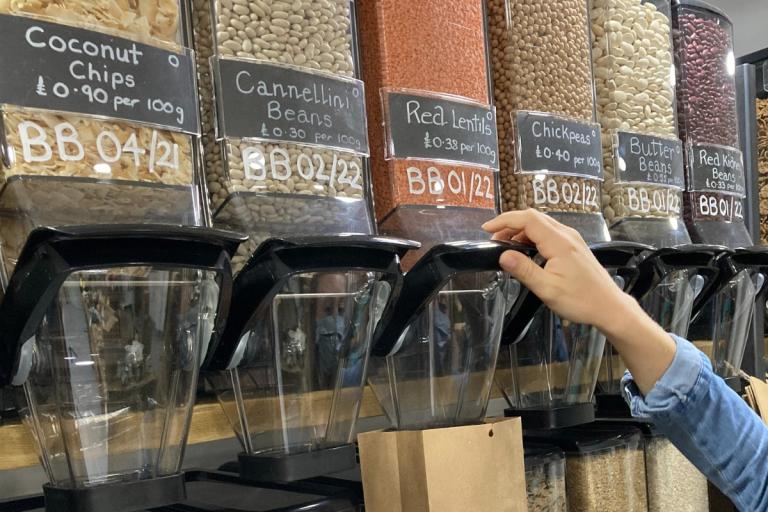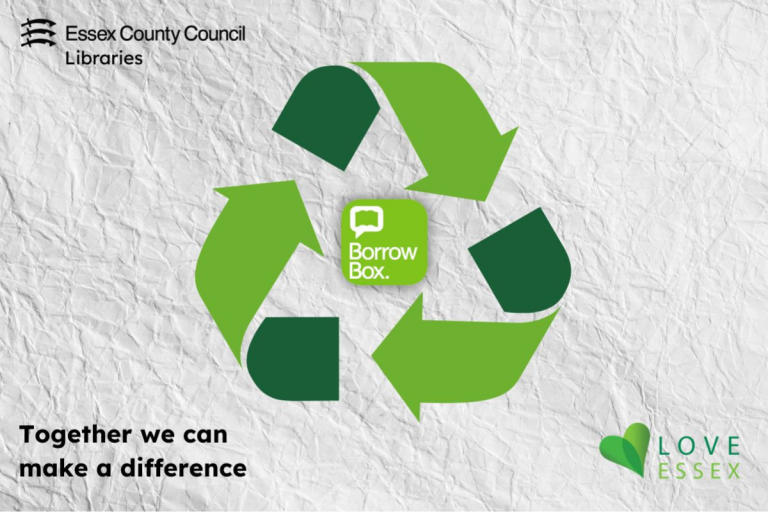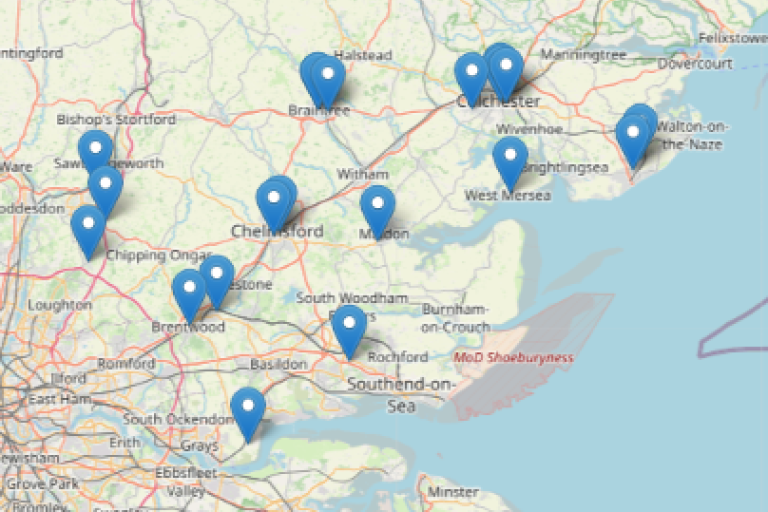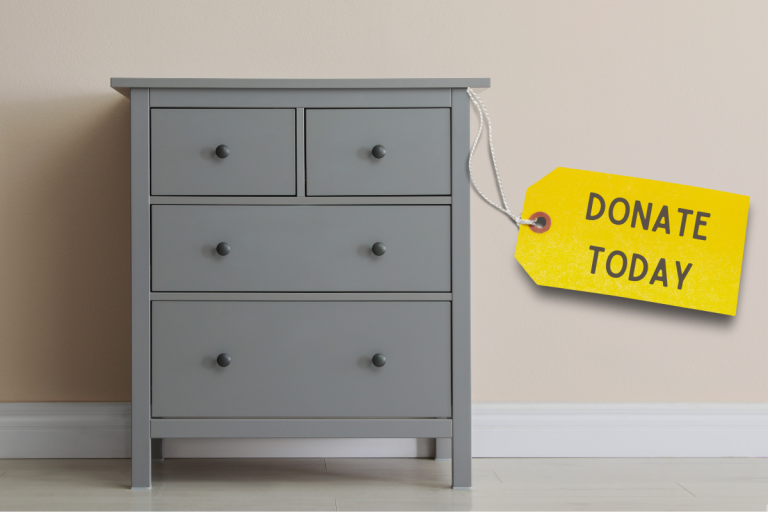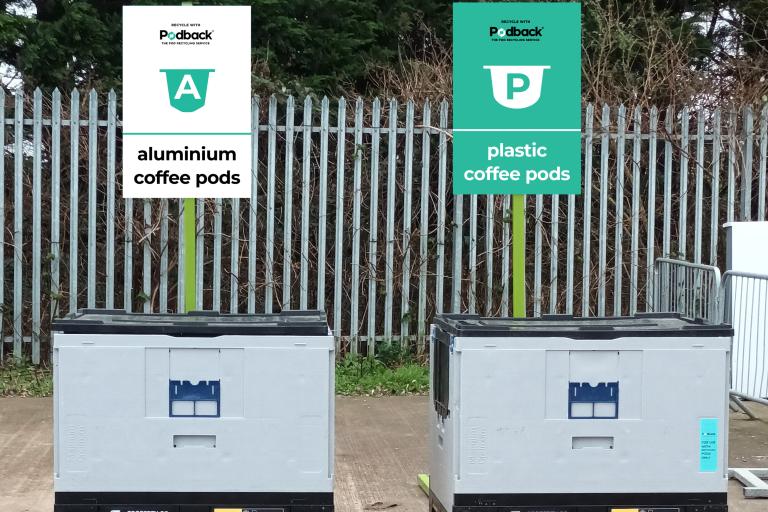In 2023, we worked together to tackle food waste. Roughly 25% of waste thrown away in the general rubbish bin is food. Throwing away food that could have been eaten adds £83 a month to the average food shopping bill. Not only is this a waste of money but it also damages the environment. Funded and delivered by the partnership, households in Essex received support to reduce food waste and recycle more.
Through the year-long Love Essex, Love Food campaign, we provided ideas and inspiration to help residents reduce food waste at home. We are also in the process of providing a roll of free caddy liners and an information leaflet to increase the proportion of food waste being recycled. In addition to this, we have secured long-term treatment options for separately collected food recycling, so we can generate renewable energy from this waste.
